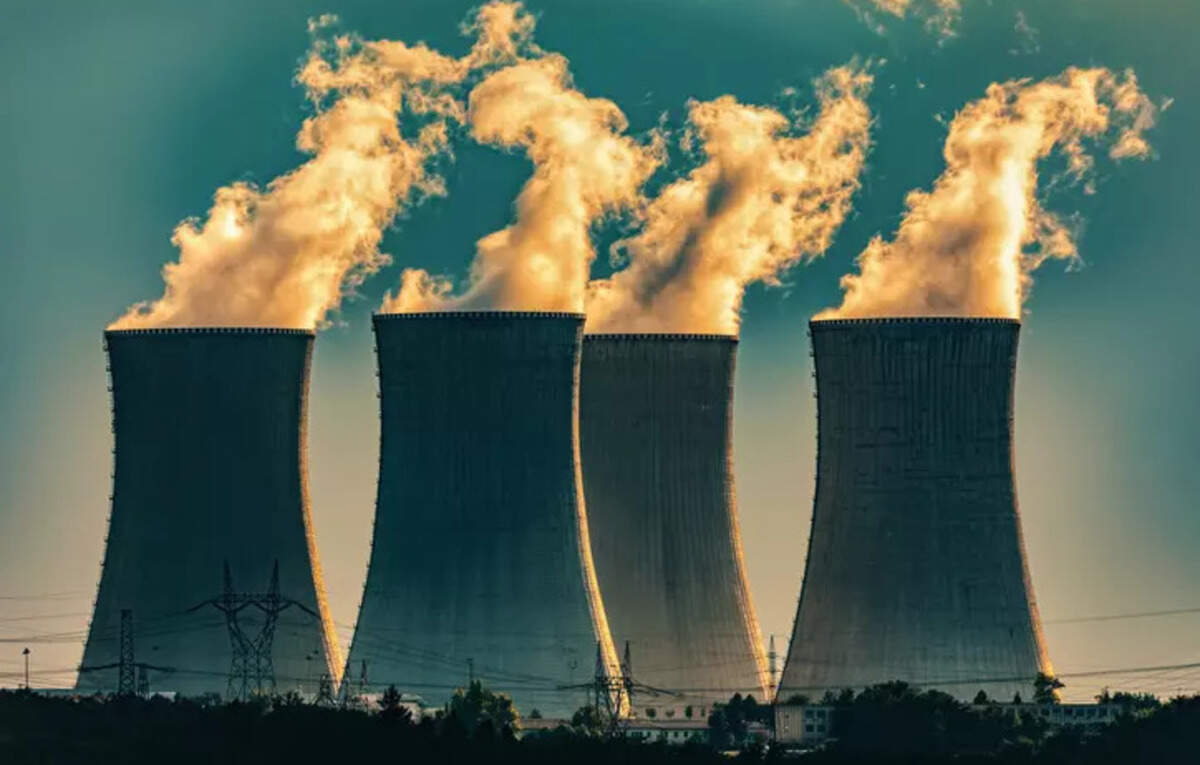SOURCE: AFI

India is accelerating its transition towards a cleaner future, with ambitious plans to expand its renewable energy capacity and tap into private expertise for nuclear power generation.
Facing the challenge of reducing reliance on fossil fuels, the government aims to meet 50% of its electricity needs from renewable sources by 2030. This ambitious target signifies a significant shift towards clean energy alternatives like solar, wind, and hydro power.
The government isn’t neglecting nuclear power in its pursuit of clean energy independence. Aiming for net-zero emissions by 2070, India is looking to increase its nuclear power capacity. Currently, the Nuclear Power Corporation of India (NPCIL) operates 23 reactors with a combined capacity of 7480 MW. To further bolster this sector, nine additional units with a capacity of 7500 MW are under construction, including the upcoming KAPP-4 reactor.
In a groundbreaking move, the government is seeking private companies to invest an estimated $26 billion in the nuclear energy sector. This marks India’s first attempt at inviting private participation in nuclear power generation.
The Department of Atomic Energy and NPCIL have been actively engaging with private companies over the past year. According to news agency Reuters, at least five firms are in talks, including prominent names like Reliance Industries, Tata Power, Adani Power, and Vedanta. Each of these potential players is expected to contribute around ?44,000 crore (approximately $5.5 billion) towards the expansion of nuclear power capacity.
India’s combined focus on expanding renewable energy and inviting private expertise in nuclear power signifies a comprehensive approach towards achieving its clean energy goals. This move holds the potential to create a more sustainable and secure energy future for the nation.